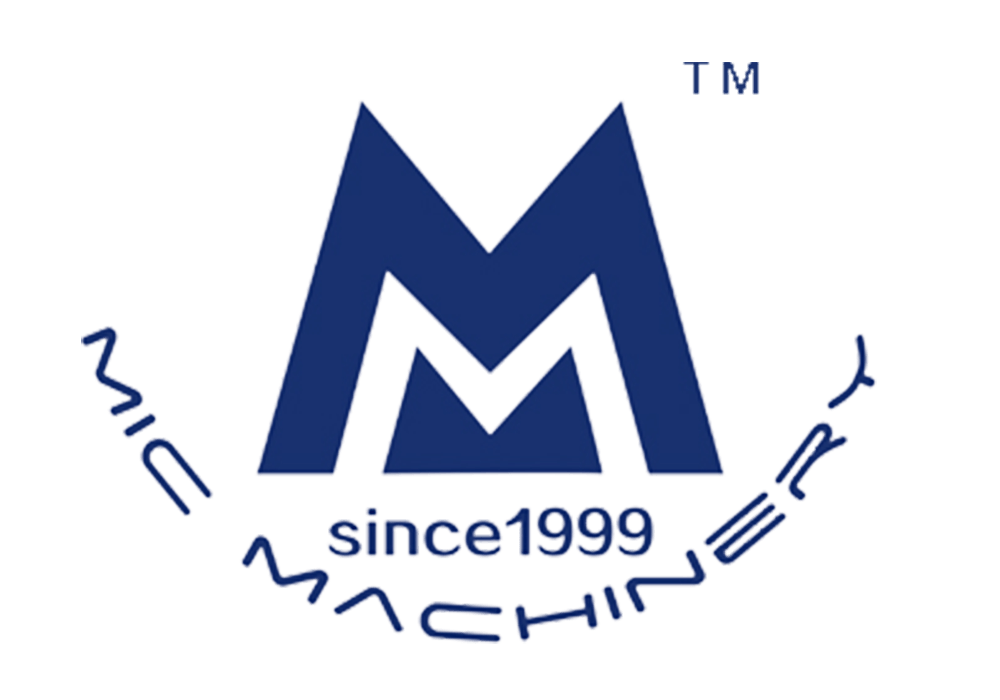

Raw Materials
1.Water: The primary ingredient, making up about 90% of beer. The quality and mineral content of water can greatly affect the beer's flavor.
2.Malt: Usually made from barley, malt provides the sugars needed for fermentation. The malting process involves soaking the barley, allowing it to germinate, and then drying it in a kiln.
3.Hops: These flowers add bitterness, flavor, and aroma to beer. They also act as a natural preservative.
4.Yeast: Microorganisms that ferment sugars from malt, producing alcohol and carbonation. Different yeast strains contribute to various flavor profiles.

Brewing Steps
1.Mashing: Ground malt is mixed with hot water, allowing enzymes to convert starches into fermentable sugars. This mixture, known as "mash," is then heated.
2.Lautering: The liquid wort is separated from the solid grains. The wort is then collected for boiling.
3.Boiling: The wort is boiled, and hops are added. This step sterilizes the wort and extracts flavors from the hops.
4.Fermentation: After cooling the wort, yeast is added. The fermentation process can take several days to weeks, depending on the beer style.
5.Conditioning: The beer matures, allowing flavors to develop. This can take place in tanks or barrels.
6.Filtration and Carbonation: The beer is filtered to remove any remaining solids and then carbonated, either naturally or artificially.

Beer Filling Techniques
Importance of BottlingBottling is a critical step in beer production, as it impacts the quality, shelf life, and consumer experience. At MIC Machinery, we focus on providing state-of-the-art bottling solutions that enhance efficiency and product integrity. There are two main types of bottling: bottle and can filling. Each has its unique advantages and processes.
Modern bottle filling machines from MIC Machinery utilize advanced technologies to ensure precision and efficiency. Key features include:
· Automatic Filling: These machines can fill multiple bottles simultaneously, reducing time and labor costs.
· Vacuum Technology: This minimizes oxygen exposure, preserving the beer's freshness and flavor.
· CIP Systems: Clean-in-place (CIP) systems ensure that the bottling equipment is sanitized without disassembly, maintaining hygiene standards.

Can Filling
Canning has gained popularity due to its lightweight nature and better preservation qualities. Modern can filling machines from MIC Machinery offer:· High-Speed Operation: Capable of filling thousands of cans per hour, making them ideal for large-scale breweries.
· Seam Integrity Testing: Ensures that each can is sealed correctly, preventing contamination.
· Vacuum Sealing: Similar to bottle filling, this technology helps in reducing oxygen levels in the can.
1.Smart Technology: Many modern machines from MIC Machinery are equipped with IoT capabilities, allowing real-time monitoring and data collection for improved efficiency.
2.Energy Efficiency: New designs focus on reducing power consumption and waste, aligning with sustainability goals.
3.Flexible Configurations: Machines can be easily adjusted to accommodate different bottle and can sizes, making them versatile for various products.
· Increased Productivity: Automation and high-speed filling significantly reduce labor costs and increase output.
· Enhanced Quality Control: Advanced sensors and monitoring systems ensure that every bottle or can meets quality standards.
· Improved Hygiene: Automated cleaning systems reduce the risk of contamination, ensuring a safer product for consumers.
· Cost-Effectiveness: While initial investments may be high, the long-term savings from efficiency and reduced waste can be substantial.
Modern Brewing Techniques
Temperature ControlMaintaining optimal temperatures throughout the brewing process is essential for yeast health and flavor development. Modern breweries utilize:
· Temperature-Controlled Fermentation Tanks: Allow precise adjustments to fermentation temperatures, ensuring consistent results.
· Cold Conditioning: Lower temperatures during maturation enhance clarity and smoothness.
Filtration plays a significant role in the clarity and stability of beer. Techniques include:
· Microfiltration: Removes yeast and bacteria while preserving flavor compounds.
· Ultrafiltration: Separates components based on size, allowing for targeted adjustments in flavor and body.
Carbonation can be achieved through various methods:
· Natural Carbonation: Occurs during fermentation when yeast produces CO2.
· Forced Carbonation: CO2 is added directly to the beer, allowing for quick adjustments to carbonation levels.
Modern carbonation techniques provide brewers with flexibility in achieving the desired mouthfeel and freshness.

Sustainability in Brewing
Eco-Friendly PracticesSustainability is becoming increasingly important in the brewing industry. Key practices include:
· Water Conservation: Implementing water recycling systems to reduce consumption.
· Energy Efficiency: Using renewable energy sources and optimizing equipment to lower energy usage.
· Waste Management: Repurposing spent grains as animal feed or for bioenergy production.
By adopting sustainable practices, breweries can reduce their environmental impact while appealing to eco-conscious consumers.
Innovations in packaging also contribute to sustainability:
· Recyclable Materials: Using materials that are easier to recycle reduces waste.
·Lightweight Containers: Reducing the weight of bottles and cans lowers transportation emissions.
· Returnable Packaging: Implementing systems for returning and reusing containers decreases overall waste.

Brewing beer is a complex process that combines art and science. With the integration of modern bottling technologies, particularly those offered by MIC Machinery, breweries can produce high-quality beer more efficiently than ever before. As the industry continues to evolve, embracing innovation will be key to meeting consumer demands and ensuring sustainability. Whether through bottles or cans, the future of beer production lies in the hands of advanced machinery and the skilled brewers who operate them.
By understanding the entire brewing process, from raw materials to final packaging, brewers can create exceptional beers that resonate with consumers. The combination of traditional techniques and modern technology not only enhances efficiency but also ensures that the craft of brewing remains vibrant and dynamic in the years to come. At MIC Machinery, we are proud to be part of this exciting journey, providing the tools and technology that empower brewers to excel in their craft.
